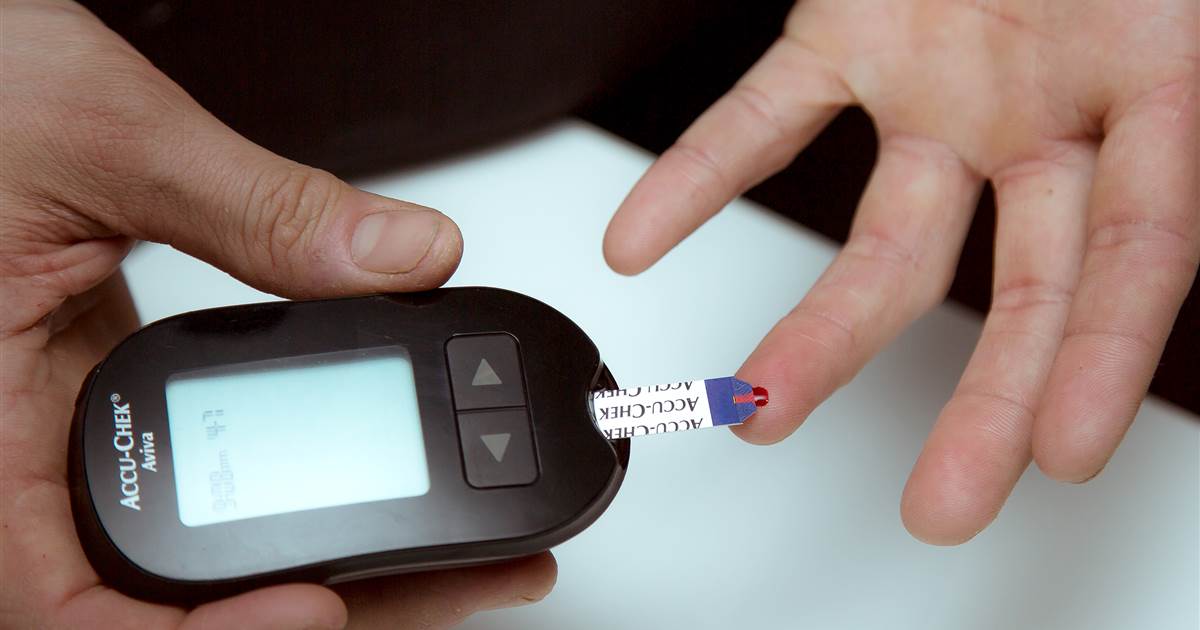Rico Ramirez spent 10 days in a San Francisco hospital’s COVID-19 unit, hooked up to oxygen to help him breathe, isolated from family and friends.
“I thought I was going to die alone,” Ramirez told NBC affiliate KNTV. “I thought every day I was in there that I was going to die in a room by myself.”
Full coverage of the coronavirus outbreak
But coronavirus wasn’t the only illness he learned about when he was hospitalized; he also learned he has Type 2 diabetes, putting him at greater risk for complications from the virus.
“I’m just happy to be alive,” Ramirez, who’s now in recovery, said.
Ramirez joins the estimated 34 million Americans who have diabetes. The disease, in which the body is unable to produce enough insulin to keep blood sugar levels in check, is often listed as an underlying condition for COVID-19 patients sick enough to be hospitalized and put on a ventilator.
Earlier this week, the Centers for Disease Control and Prevention released findings on 178 hospitalized patients who had other chronic health problems. Nearly a third had diabetes.
Patients with diabetes also often have other underlying conditions, such as obesity and high blood pressure, putting them at even greater risk for coronavirus complications. The CDC report found nearly half of those hospitalized patients also had hypertension and/or obesity.
Why the added risk?
Diabetes weakens a person’s immune system.
“People with diabetes are more prone to infections, and if they have infections, they’re more prone to poor outcomes,” Dr. John Buse, the head of endocrinology at the UNC School of Medicine in Chapel Hill, North Carolina, said.
Let our news meet your inbox. The news and stories that matters, delivered weekday mornings.
Doctors say this is especially true for those with uncontrolled blood sugar levels.
“Poorly controlled diabetes affects the immune system in various ways,” Dr. Mary Vouyiouklis Kellis, an endocrinologist at the Cleveland Clinic, said. When blood glucose levels are too low or too high, it makes it more difficult for the body’s army of white blood cells to function effectively, she said.
“That’s when the immune system starts to go haywire,” Kellis said. “The ability to fight infection is diminished.”
The cytokine storm hypothesis
Doctors also hypothesize that the chronic, low levels of inflammation associated with Type 2 diabetes may also worsen outcomes of patients with the coronavirus.
Inflammatory reactions in the body are not necessar


